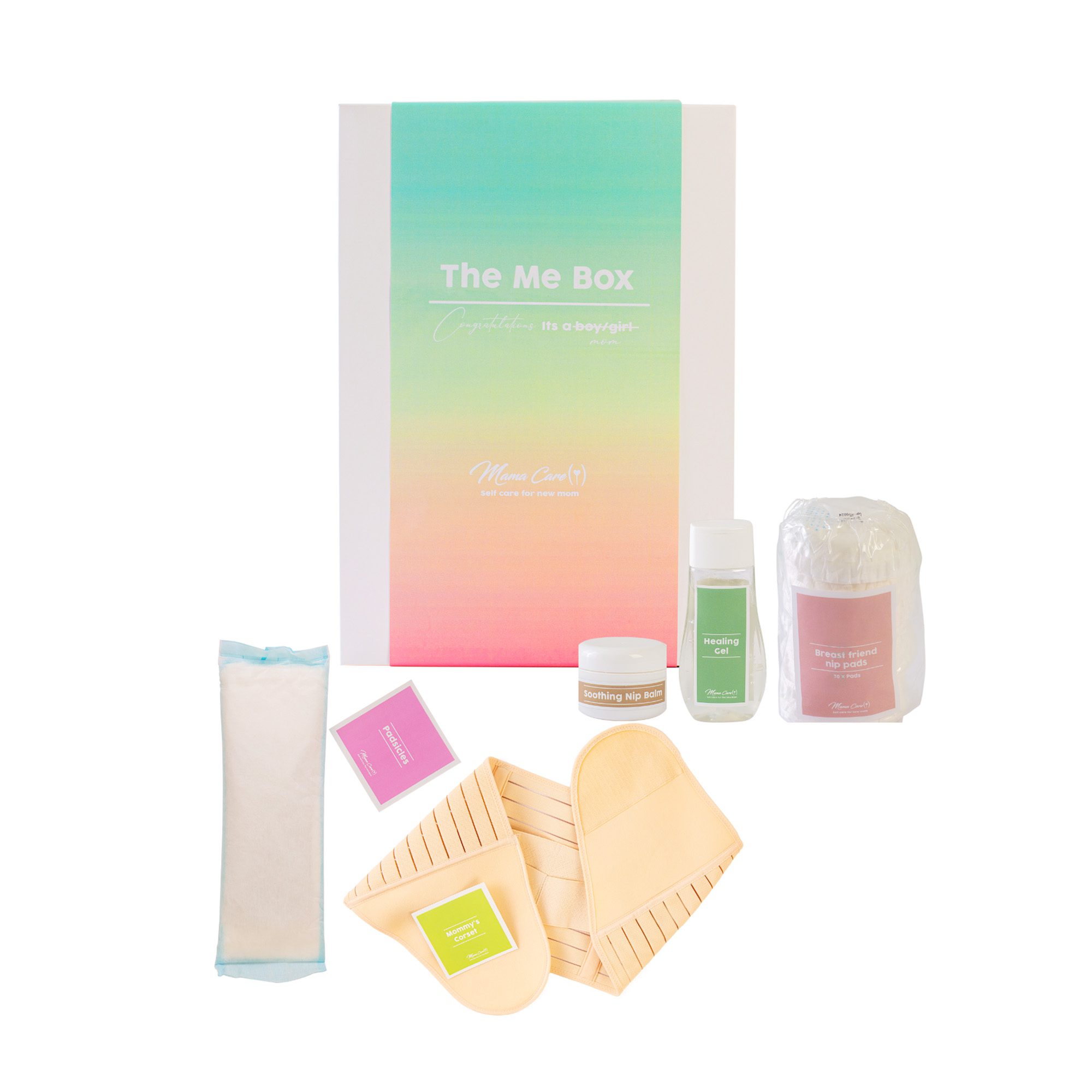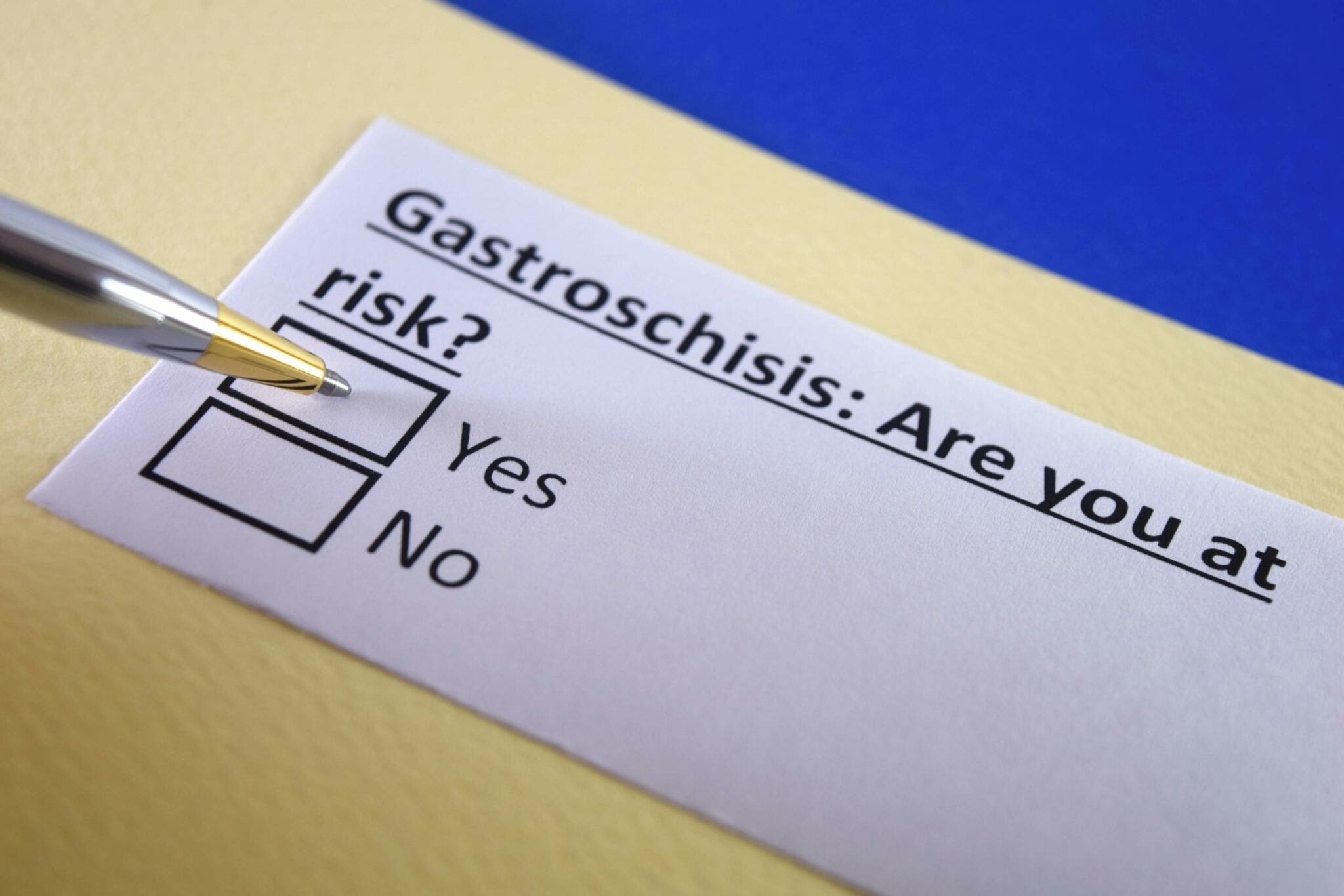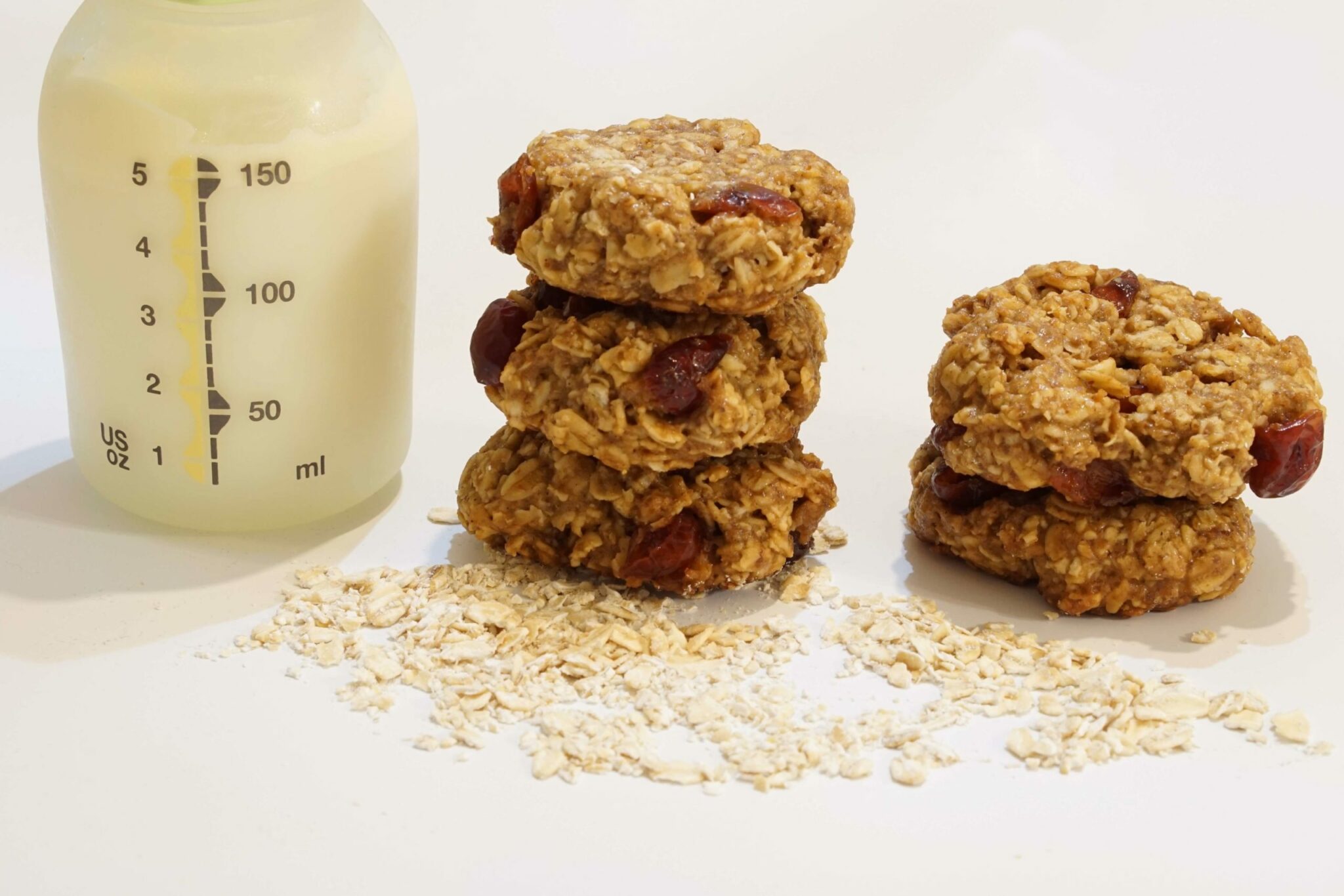Is Breastfeeding Overrated?


A study recently published in the journal Social Science & Medicine reignited the debate over the benefits of breastfeeding (or breast milk feeding) versus formula feeding when it seemed to find that the benefits of breastfeeding are “overstated.”
Dr. Cynthia Colen, an assistant professor of sociology at Ohio State University and lead author of the study, attempted to find out whether previous studies showing benefits of breastfeeding weren\’t reliable because of flaws in their design. When comparing all children in Colen’s study, those who were breastfed showed superiority in all outcomes measured except asthma (which is surprising considering several other studies have shown breastfeeding protects against asthma). However, when excluding extraneous factors (such as race and socioeconomic status) by looking at individual families where one infant was breastfed and the sibling was formula-fed, she concluded that breastfeeding might be no more beneficial than formula feeding for 10 of the 11 long-term health and well-being outcomes studied in children age 4-14.
In her study, Colen used data from the 1979 cohort of the National Longitudinal Survey of Youth (NLSY), a nationally representative sample of young men and women who were between ages 14 and 22 in 1979, as well as results from NLSY surveys between 1986 and 2010 of children born to women in the 1979 cohort. The outcomes measured included asthma, body mass index, behavioral compliance, hyperactivity, math ability, memory based intelligence, obesity, parental attachment, reading comprehension, scholastic competence, and vocabulary recognition.
Although the results of this study are interesting, the preference toward breast milk for infant nutrition is unchanged. Several news media outlets ran stories following the release of Colen’s article, stating that breastfeeding’s benefits have been dramatically “overstated.” However, an enormous amount of research points toward the benefits of breastfeeding for both the mother and infant. For the infant, breastfeeding is associated with a reduced risk of acute otitis media (ear infection), atopic dermatitis (eczema), gastrointestinal infections, lower respiratory tract diseases, asthma, obesity, childhood leukemia, and sudden infant death syndrome (SIDS). For the breastfeeding mother, breast and ovarian cancer risk is reduced. In terms of cost, breastfeeding is free. Breastfeeding promotes a growing bond between mother and infant.
Regarding Dr. Colen’s study, only a few pediatric medical outcomes (asthma, body mass index, and obesity) were explored. The rest were neurobehavioral in nature. Still, the study highlights the notion that choice of nutrition is not the only factor involved in child health and development. While the benefits of breast milk are undeniable, other variables in a child’s environment are also important. This should come as good news to mothers who are unable to breastfeed.
Reviewed by Dr. Sara Connolly, December 2018
Sources:
- Colen CG, Ramey DM
- Is Breast Truly Best? Estimating the Effects of Breastfeeding on Long-term Child Health and Wellbeing in the United States Using Sibling Comparisons. Social Science & Medicine
- January 2014.
Ip S, Chung M, Raman G, Chew P, Magula N, DeVine D, Trikalinos T, Lau J - Breastfeeding and Maternal and Infant Health Outcomes in Developed Countries
- Evidence Report/Technology Assessment No
- 153 (Prepared by Tufts-New England Medical Center Evidence-based Practice Center, under Contract No
- 290-02-0022)
- AHRQ Publication No
- 07-E007
- Rockville, MD: Agency for Healthcare Research and Quality
- April 2007.
New Mother’s Guide to Breastfeeding, 2nd Edition - American Academy of Pediatrics
- 2011.
Section on Breastfeeding, American Academy of Pediatrics - Breastfeeding and the use of human milk
- Pediatrics
- 2012: 129(3): e827.
Powered by Bundoo®












































